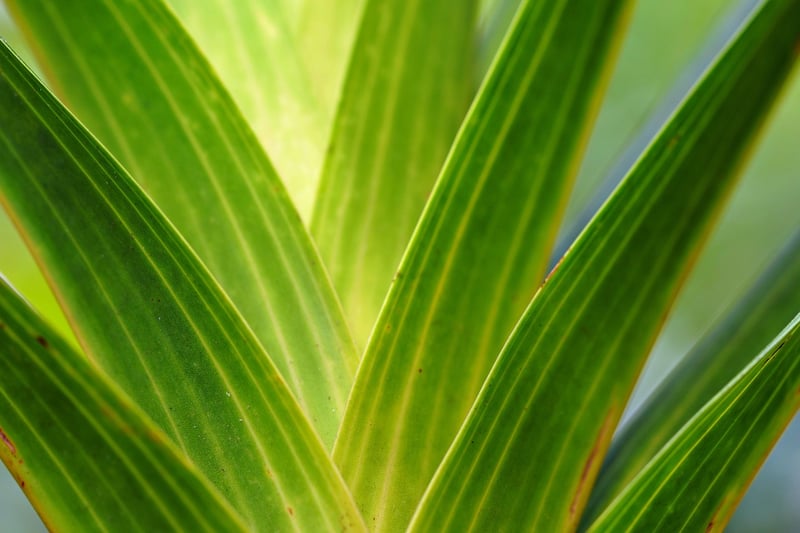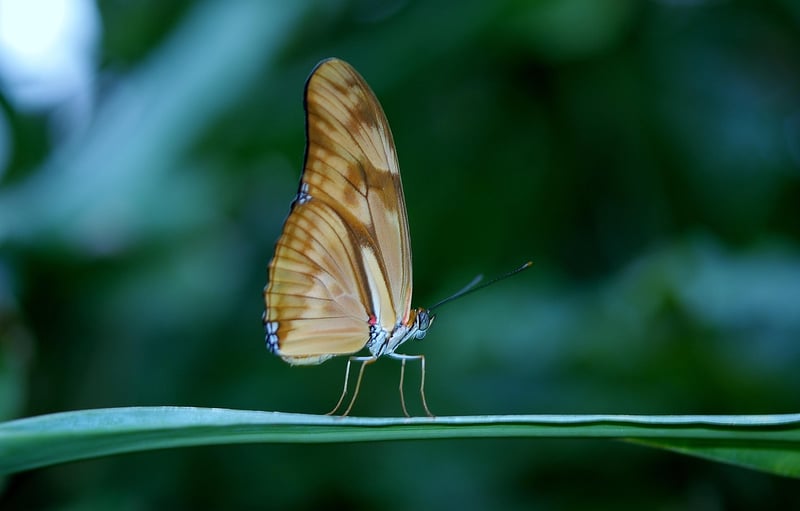Pest Control Methods
#Maintenance
#Disease
#Nutrients
Tips for Healthy Plants and Pest Control Methods
Tips for Healthy Plants
Having healthy plants not only adds beauty to your surroundings but also contributes to a healthier environment. Here are some tips to help your plants thrive:
- Choose the right plant for the right place to ensure it receives adequate sunlight and water.
- Water your plants appropriately, avoiding both under-watering and over-watering.
- Fertilize your plants regularly to provide essential nutrients for growth.
- Monitor your plants for any signs of diseases or pests and take prompt action.
- Prune your plants to encourage growth and remove any damaged or diseased parts.
- Ensure proper drainage to prevent waterlogging, which can lead to root rot.
- Rotate your plants periodically to ensure even growth and prevent depletion of nutrients from the soil.
Pest Control Methods
Dealing with pests is a common challenge for plant enthusiasts. Here are some eco-friendly pest control methods to keep your plants healthy:
- Neem Oil: Use neem oil as a natural pesticide to deter pests like aphids, mites, and caterpillars.
- Diatomaceous Earth: Sprinkle diatomaceous earth around plants to control slugs, beetles, and other crawling insects.
- Companion Planting: Plant pest-repelling species like marigolds, mint, or lavender near susceptible plants.
- Handpicking: Remove pests by hand and dispose of them to prevent infestations.
- Beneficial Insects: Introduce beneficial insects like ladybugs or praying mantises to control pest populations naturally.
- Soap Spray: Use a mild soap spray to deter soft-bodied insects like aphids and spider mites.
By following these tips for healthy plants and utilizing eco-friendly pest control methods, you can enjoy a thriving garden while minimizing harm to the environment.


